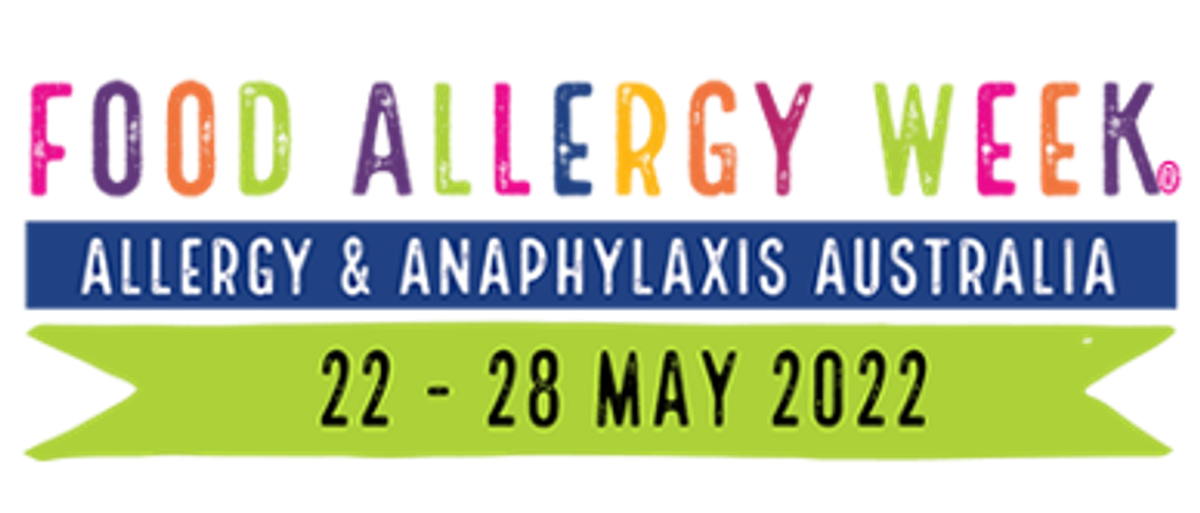A Message from Sickbay

Managing illness in school - Information for Parents and Carers
At Kismet Park PS we continue to follow direction as mandated by the Department of Education and Training when it comes to managing illness in our school community. Please take the time to review the information via the link below for the latest guidelines being followed in our school.
How do colds, flu and viruses impact people with Asthma?
Colds and flu are viral infections and are the most common trigger for asthma flare-ups. They can be more serious for people with asthma, even if asthma is mild or well controlled.
You can’t really avoid them, but you can reduce your risk of catching viral infections. Learn more by following the button below:
It’s Food Allergy Week - the perfect time to raise awareness about the importance of community understanding of food allergy including potentially fatal food allergies.
Learn more about Food Allergy Week at:
At Kismet Park Primary school we have a large number of students who suffer from allergic reactions; including some students who suffer from the severest form of allergic reaction known as anaphylaxis.
We would like to encourage our Kismet Park Community to think about how we all can be a real M.A.T.E to our school friends who have food allergies. Please take the time to share these five easy steps with your family / friends.
- Always take food allergies seriously. It’s hard to believe that foods most of us eat and enjoy everyday can be harmful to others. But it’s true! So if you learn that a school mate has food allergies, take it very seriously. It’s no joke, don’t bully or tease kids who have allergies.
- Don’t share food with friends who have food allergies. Kids love to share or swap food with each other. But for those with food allergies this can be very dangerous. Kismet Park Primary therefore has a “No Food Sharing” Practice during recess and lunch eating times.
- Wash hands after eating. This is very important, since just a small amount of food on your hands can get on desks, books and many other things, and if someone who is allergic touches these things they can have a reaction. The best way to prevent this is simply to wash your hands before and after eating.
- Know what your friends are allergic to. Learning what someone is allergic to is easy (just ask them!). Finding out if foods are safe to eat is another story. Even foods that have ingredient labels can be tricky, since food companies sometimes use scientific names instead of everyday ones. (For example, did you know that casein comes from milk?). Avoid bringing lunches and snacks to school that contains foods your friend is allergic to.
- If an allergic schoolmate becomes sick, get help immediately, even if they don’t want you to! If a schoolmate who has a food or insect sting allergy is showing symptoms of an allergic reaction, tell the teacher or person in charge immediately.
Your quick action could help save a life! Remember, an allergic reaction can happen anytime, anywhere, even several minutes after eating. So always be aware!

